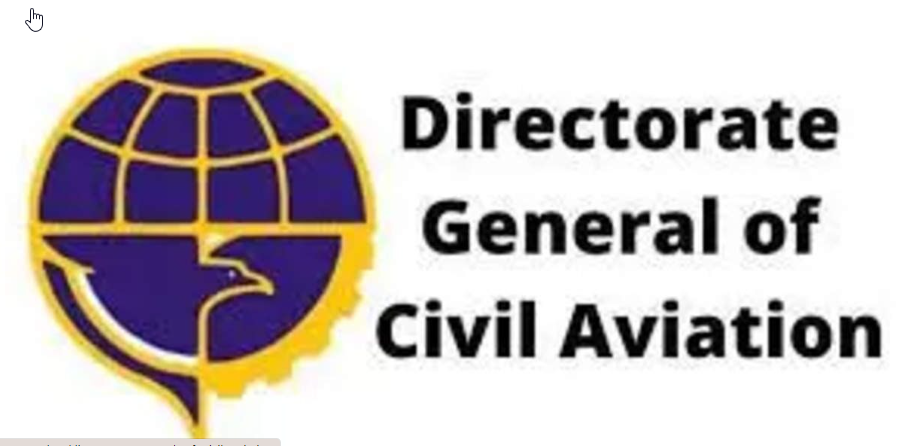Directorate General of Civil Aviation (DGCA)
The Directorate General of Civil Aviation (DGCA) is the regulatory body for civil aviation in India. It is an attached office of the Ministry of Civil Aviation, Government of India. The DGCA is responsible for ensuring the safe and efficient operation of civil aviation in the country by formulating and enforcing standards, regulations, and procedures.
History
The history of the DGCA can be traced back to 1927 when the Aircraft Act was enacted, and the Office of the Director of Civil Aviation was established under the Department of Industries and Labour. In 1947, after India gained independence, the DGCA was established as a separate department under the Ministry of Communications. In 1972, it was brought under the Ministry of Tourism and Civil Aviation, which later became the Ministry of Civil Aviation.
Functions and Responsibilities
The primary functions and responsibilities of the DGCA include:
- Regulation of air transport services to, from, and within India
- Licensing of pilots, aircraft maintenance engineers, and air traffic controllers
- Registration and certification of aircraft and aeronautical products
- Safety oversight of airports, air navigation services, and air operators
- Investigation of accidents and incidents related to civil aviation
- Enforcement of civil aviation regulations and standards
- Representation of India in international civil aviation forums, such as the International Civil Aviation Organization (ICAO)
Organizational Structure
The DGCA is headed by the Director General, who is assisted by Joint Directors General and Deputy Directors General. The organization has several directorates and divisions, each responsible for specific functions such as air safety, airworthiness, air transport, and training and licensing.
The DGCA has its headquarters in New Delhi and regional offices in Mumbai, Kolkata, Chennai, and Bangalore. It also has sub-regional offices in various cities across the country to ensure effective oversight and enforcement of regulations.
Regulations and Standards
The DGCA issues Civil Aviation Requirements (CARs), which are the primary regulations governing civil aviation in India. CARs cover various aspects of civil aviation, such as aircraft operations, airworthiness, air crew licensing, and airport standards. The DGCA also issues Air Safety Circulars (ASCs), Aeronautical Information Circulars (AICs), and other guidance materials to ensure the safe and efficient operation of civil aviation.
The DGCA ensures that the Indian civil aviation industry complies with international standards and recommended practices (SARPs) set by ICAO. India is a signatory to the Convention on International Civil Aviation (Chicago Convention) and is obligated to follow ICAO SARPs.
Safety Oversight and Enforcement
The DGCA conducts regular safety audits and inspections of airlines, airports, and other aviation service providers to ensure compliance with regulations and standards. It also investigates accidents and incidents related to civil aviation and takes appropriate action to prevent their recurrence.
The DGCA has the authority to take enforcement action against operators and individuals who violate civil aviation regulations. This includes the imposition of fines, suspension or revocation of licenses, and criminal prosecution in serious cases.
Challenges and Future Outlook
The Indian civil aviation industry has grown rapidly in recent years, and the DGCA faces several challenges in ensuring its safe and efficient operation. These include the need to develop infrastructure to keep pace with the growth in air traffic, the shortage of skilled manpower, and the need to ensure the financial health of airlines and other aviation service providers.
The DGCA is taking steps to address these challenges by promoting the development of new airports and air navigation services, enhancing training and licensing programs, and strengthening its safety oversight and enforcement capabilities. It is also working closely with international organizations such as ICAO to ensure that the Indian civil aviation industry remains safe, secure, and sustainable in the long term.
As the Indian economy continues to grow and air travel becomes more accessible to a larger section of the population, the role of the DGCA in ensuring the safety and efficiency of civil aviation will become increasingly important. The organization will need to adapt to new technologies, such as unmanned aircraft systems and electric aircraft, while maintaining its focus on safety and compliance with international standards.


